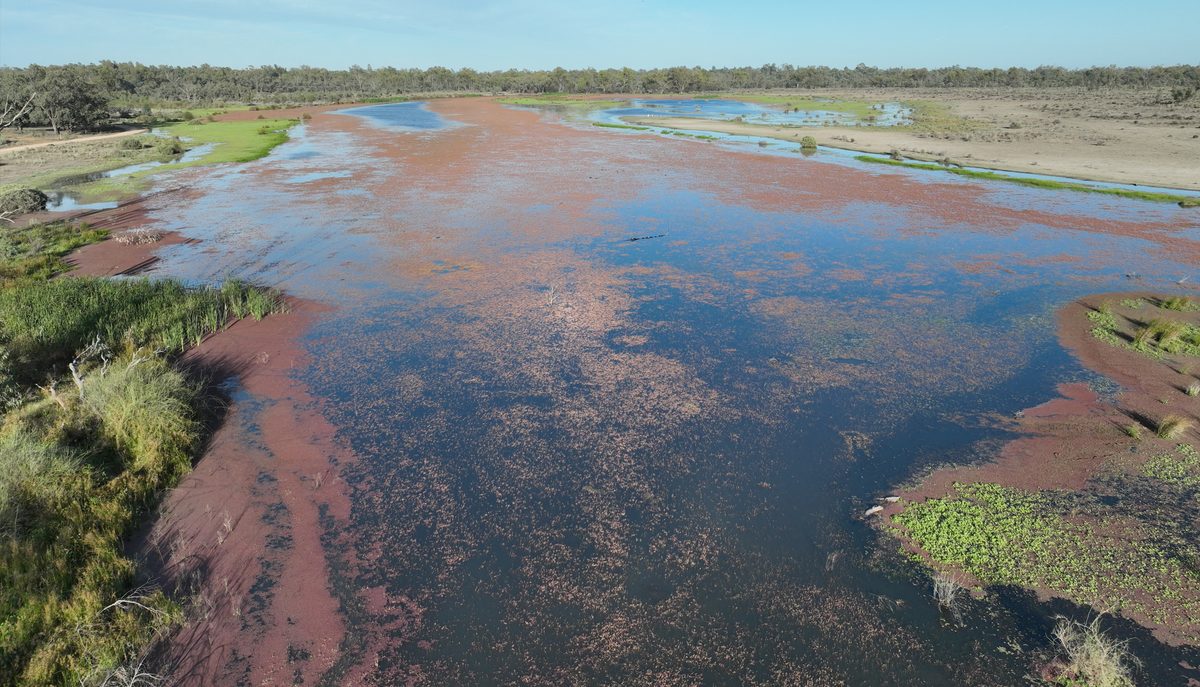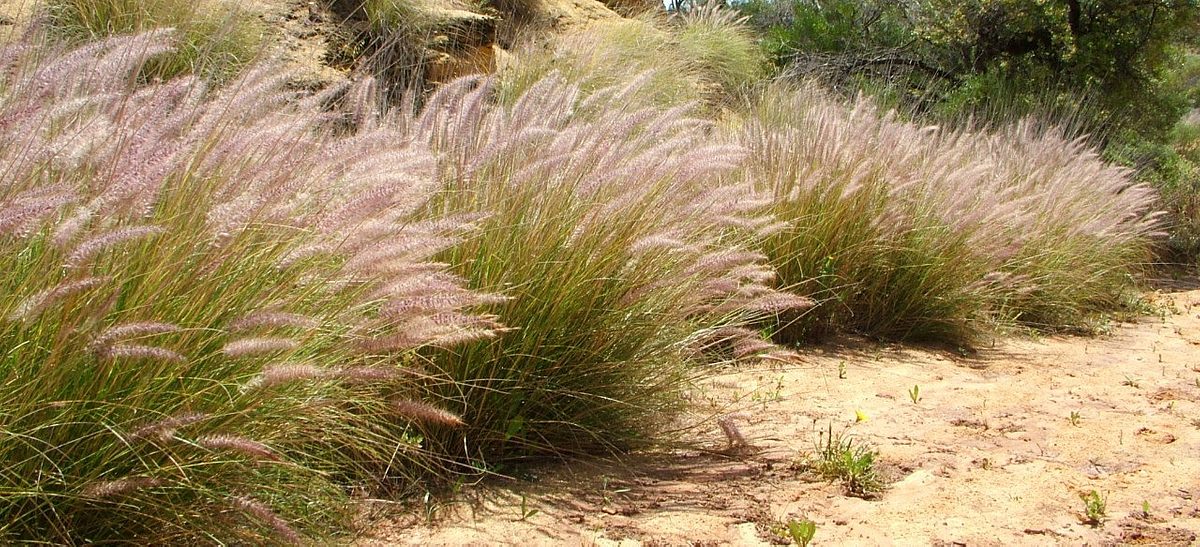Virus is not always a dirty word
While Australians for many months have been banding together to stop the spread of COVID-19, Riverland district staff are looking for landholders interested in releasing the calicivirus RHDV1 K5 virus as part of rabbit control.
Posted 30 September 2020.
Murraylands and Riverland Landscape Board Senior district officer Jodie Woof worked with community groups last spring to set up release sites for the K5 virus and will again be working with landholders to release the virus as part of their best practice rabbit control programs.
Ms Woof said with rabbit breeding season now happening it’s a good time to start thinking about upcoming rabbit control programs.
“We now have another tool in the rabbit control toolbox, the K5 virus which has been released across Australia in numerous locations over the past years, including several Riverland sites,” Ms Woof said.
“These releases have provided us with a better understanding of the K5 virus, and have refined our approach.
“The virus is released in much the same way that you would conduct a baiting program, and involves trailing free feed oats. The virus is then mixed into the next feed of oats and laid in the same manner.
“Only one rabbit in a warren needs to be exposed to the virus to pass it on and infect the family of rabbits.
“A little goes a long way when it comes to the K5 virus, as once it is released it spreads through feral rabbit populations via contact and insects, such as bush flies and blow flies.
“While the K5 virus is an important biological tool to add to the rabbit control toolbox options, landholders are encouraged to follow up with best practice methods such as removal of harbors, warren and burrow destruction, baiting and fumigation.
“Working together with your neighbours to undertake an ongoing rabbit control program will provide better results and reduce costs,” Ms Woof said.
Feral rabbits are estimated to cost primary producers millions of dollars annually as they eat crops and pastures and are a threat to native plants and animals’ survival.
The benefit of the virus is that it does not impact humans, dogs or stock making it potentially a more favourable option in built up areas.
While the K5 virus is only harmful to rabbits, those who have pet rabbits may want to ensure they have them vaccinated against this virus and avoid contact with feral rabbits and insects.
If you would like more information on conducting a rabbit control program on your property, you are encouraged to contact the Riverland District team at the Murraylands and Riverland Landscape and National Parks Office Berri on 8580 1800.
This project is supported by the Murraylands and Riverland Landscape Board through funding from landscape levies.


